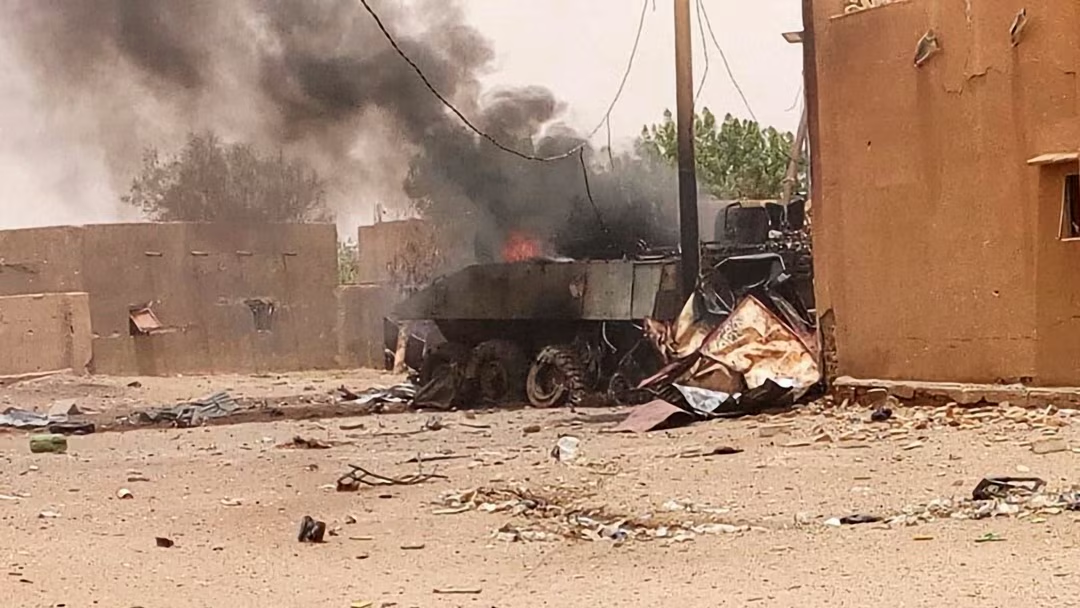In northwestern Benin, residents of a village in the Natitingou commune are accustomed to welcoming tourists, with community leader Alfonse N’tia Kouagou serving as a host. However, fears stemming from reports of jihadist threats are negatively impacting tourism in the region. Kouagou notes that while tourism has slowed, with visitors arriving in smaller groups, he personally has not encountered any jihadists despite hearing about them through the media.
Data from the Armed Conflict Location & Event Data Project (ACLED) indicates a worrying trend, with attacks by jihadists against civilians in Benin nearly tripling from over 30 incidents last year to approximately 80 this year. Additionally, incidents involving jihadi groups have risen by more than 70%. The UN Development Program has highlighted that a lack of jobs is a significant driver of violent extremism in sub-Saharan Africa, which includes Benin.
Benin shares a border with Burkina Faso, a country notably affected by terrorism. According to the Global Terrorism Index (GTI) 2023, Burkina Faso ranks as the most affected country in Africa and the second worldwide. The town of Materi, located about 80 km from the first town in Burkina Faso, maintains that terrorist groups are not present in the area. Mayor Robert Wimbo Kassa reassures residents that security forces are actively working to ensure safety and that the local population is prepared to assist them.
Despite the proximity to Burkina Faso, Kassa emphasizes that no terrorist organizations have attempted to establish a presence in their commune. The growing perception of terrorism has raised concerns about security, prompting calls for the government to bolster its security measures and implement social initiatives.
Nadia Nata, a peace and security analyst, advocates for a dual approach that combines security responses with social, economic, and development initiatives. She stresses the importance of building trust within communities to prevent jihadists from gaining footholds in the country.
In response to these challenges, the Beninese government has invested heavily in cultural and tourism sectors and is constructing a $1.5 billion industrial zone near Cotonou, aiming to create 300,000 jobs by 2030. Last year, the World Bank allocated $450 million to a five-year project targeting 4,600 border communities across northern Benin, Ivory Coast, Ghana, and Togo. This initiative focuses on preventing conflict by strengthening local institutions and expanding economic opportunities. However, residents express frustration over the slow implementation of development projects.
Insecurity has led to significant displacement, with over 12,000 people fleeing their homes in the western departments of Atacora and Alibori, a sharp increase from about 5,000 in March, according to UN reports. In response, the government has reinforced military presence along the borders and recruited thousands of soldiers to enhance security efforts



















